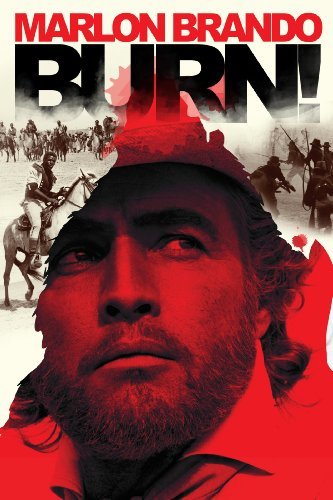What turns someone into a collaborator?
That’s the question that is at the heart of the 1960 Italian-French film, Kapo.
The film opens in Nazi-occupied France, with 14 year-old Edith (played by 22 year-old Susan Strasberg) practicing the piano at her teacher’s house. Edith wears the yellow star on her dress and, as she finishes her lesson, her teacher instructs her to be careful returning home. Edith cheerfully states that she and her family have nothing to worry about. Edith walks home and, as the opening credits roll, we follow her as she walks through what appears to be a very robust and busy city. Other than the yellow star on Edith’s dress, there are no outward signs of the occupation in the city. However, when Edith finally reaches her neighborhood, she sees that her family and her neighbors are being rounded up the Germans.
Edith and her parents are sent to a concentration camp but get separated as soon as they arrive. Wandering around the camp, Edith meets another prisoner named Sofia (Didi Perago). Sofia takes Edith to the camp doctor. He arranges for Edith to switch identities with a non-Jewish prisoner who has just died. Edith’s new name is Nicole and her yellow star is removed and replaced by a black triangle, which designates Edith/Nicole as being “asocial.”
Edith is transferred to another concentration camp, this one in Poland. She comes to think of herself as being Nicole. When another prisoner, Terese (Emmanuelle Riva), asks her is she’s Jewish, Nicole replies that she’s not. Nicole quickly grows hardened to life in the camp and exchanges sex for food. She becomes the lover of a guard named Karl (played by future spaghetti western mainstay Gianni Garko) and is made a Kapo, a prisoner who also works as a guard. However, when Nicole then falls in love with a Russian prisoner-of-war and he asks her to help him and his comrades escape, she is forced to finally decide whether she is Nicole or whether she’s Edith.
To return to the question that started this review: What makes someone a collaborator? That’s the question that Kapo attempts to answer and it’s a question that was undoubtedly close to Director Gillo Pontecorvo’s heart. Pontecorvo was one of the most political of the post-World War II Italian filmmakers. He was born in 1919 and, as a child, saw firsthand the rise of Mussolini. As a Jew, he also experienced anti-Semitism firsthand and, in 1938, he left Italy for France. In France, he befriended Sartre and many other key members of the International Left. He was reportedly emotionally and politically moved by his friends who left France to fight on the Republican side during the Spanish Civil War. During World War II, he joined the Italian communist party and fought in the resistance. It’s perhaps not a surprise that, in Kapo, Nicole’s chance at redemption comes about as a result of falling in love with a communist soldier.
Unfortunately, Kapo struggles to answer the question of why one would collaborate with the enemy. The main problem is that Susan Strasberg is miscast of Edith/Nicole, never convincing us that she’s a naïve teenager or a hardened collaborator. She’s also not helped by a script that continually reduces everything down to who Edith/Nicole happens to be in love with at any given point of time. It also doesn’t help that Strasberg find herself acting opposite Emmuelle Riva, Gianni Garko, and other actors who all authentic in a way that she’s not.
Kapo is more valuable as an examination of the horrors of the camps than as a character study. The film’s most powerful moment comes early on, when Edith/Nicole learns that, in the eyes of the Nazis, it’s preferable that someone be a criminal to being a Jew. In that moment, the film captures both the brutal horror and the arbitrary absurdity of prejudice. The scene is followed by another harrowing moment, in which Edith can only helplessly watch as her parents are marched to gas chambers. In those brief moments, Kapo becomes an important film. You may not remember much about Edith/Nicole but you will remember those scenes.
I should also note that, regardless of its flaws, the film does end on a powerful note, one that will leave many viewers asking how much they would be willing to sacrifice to do the right thing. Would you sacrifice your life to save hundreds of others? It’s a question that Edith/Nicole has to answer, though the film leaves it ambiguous as to whether her final decision was made by her or if it was made for her. Still, the film’s final images do stay with you.
In America, Kapo received a nomination for what was then known as the Best Foreign Film Oscar. In Europe, though, many critics criticized Pontecorvo for making a film that they felt sentimentalized the Holocaust. Stung by their criticism, Pontecorvo’s next film, which would be considered by many critics to be his masterpiece, would be the documentary-style The Battle of Algiers, one of the most resolutely anti-sentimental political films ever made.


